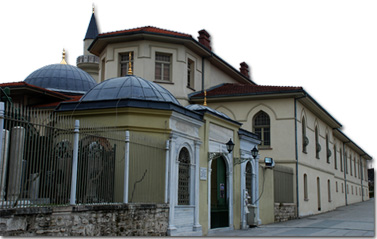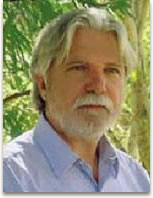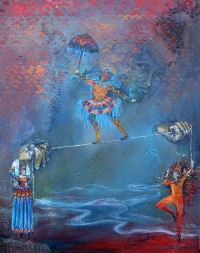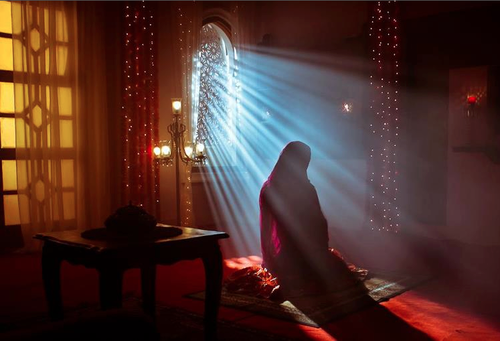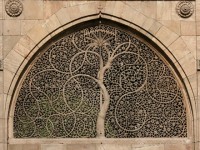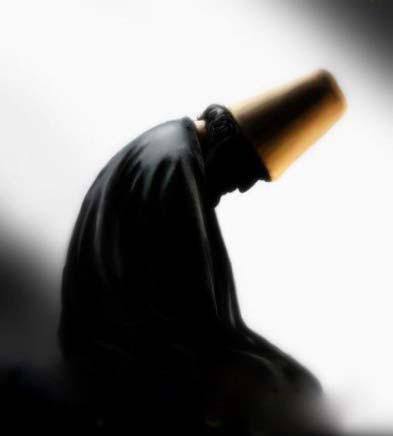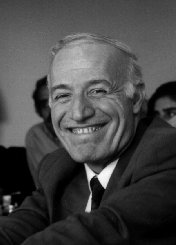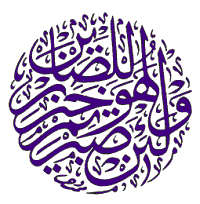Personal Reflections from Turkey
Konya! Mevlana! Ashk! For the past thirty years or more a current has run through my life, our lives, sometimes as a subtle guidance, sometimes as a sense of meaningful coherence, and sometimes as an upwelling force that makes the eyes glisten, if not overflow with tears.


